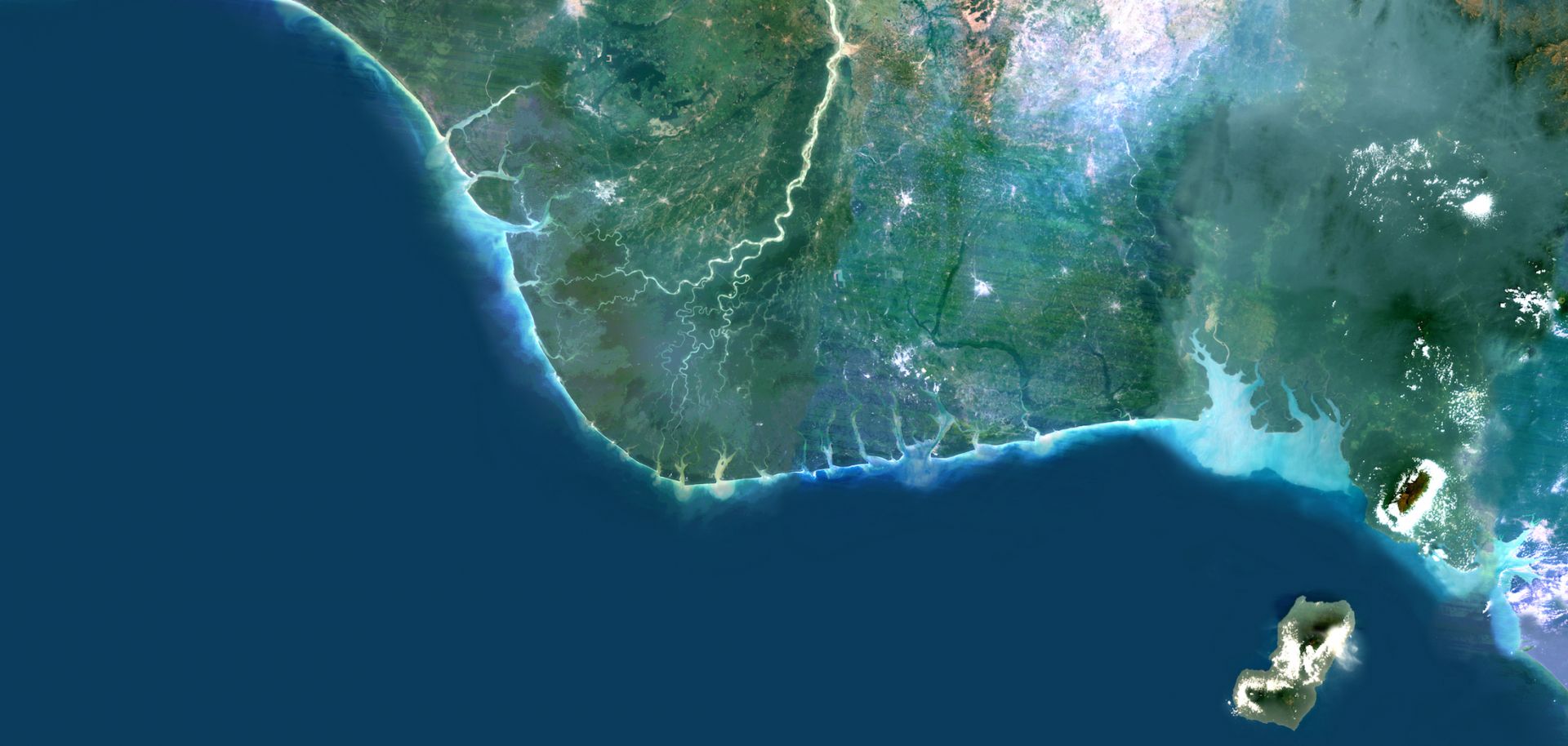ASSESSMENTS
Nigeria's Risky New Oil Revenue Plan
Nov 18, 2019 | 10:00 GMT

A satellite image of Nigeria's oil-rich Niger Delta region. Lucrative offshore projects have helped boost the country's crude production in recent years.
(Planet Observer/Universal Images Group via Getty Images)
Highlights
- After years of delayed oil sector reforms, the Nigerian government has finally expedited a crucial bill that updates the terms for offshore investments.
- Most of Nigeria’s most important deep-water fields will have their contracts renegotiated in the 2020s under the new investment terms, which include higher royalties and more frequent reviews.
- But while the deep-water deals inked under these new terms may initially boost Nigeria's oil revenue, smaller profits for foreign firms and market uncertainty risks lowering investment in the long term.
Subscribe Now
SubscribeAlready have an account?
